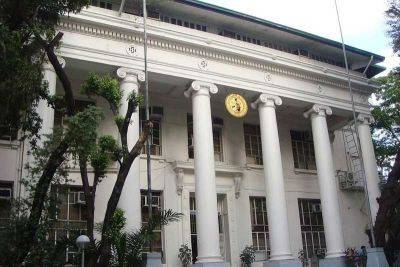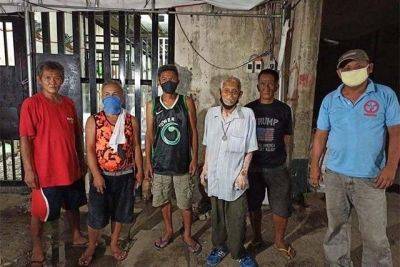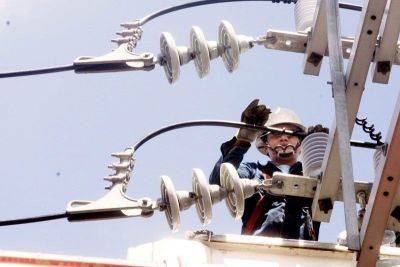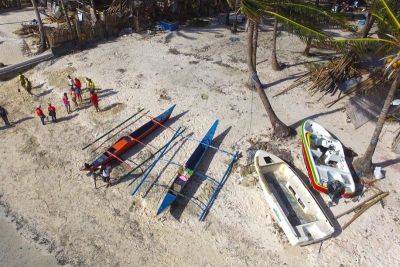Bagong Silang in Caloocan City split into 6 barangays
MANILA, Philippines — Bagong Silang in Caloocan City has now been divided into six distinct barangays, the Presidential Communications Office (PCO) said.
In a news release on Friday, the PCO announced that President Ferdinand Marcos Jr. signed into law Republic Act No. 11993, dividing Barangay Bagong Silang also known as Barangay 176 into separate and distinct barangays.
Following its passage, Bagong Silang's barangays will be the following:
Each of the boundaries of the barangays will be created with the existing "puroks".
The Commission on Elections shall also oversee and manage the plebiscite scheduled for Barangay 176 in Caloocan City within 90 days of the law taking effect.
Republic Act No. 11993 mandates the appointment of interim barangay officials, including the Punong Barangay, seven Sangguniang Barangay members, a Sangguniang Kabataan (SK) chairman, and seven SK members in each of the newly created barangays.
According to the law, these barangay officials will serve until their duly elected and qualified successors assume office.
The mayor of Caloocan City will designate the said officials.
Meanwhile, for the incumbent barangay officials, the law specified that they would continue to hold office until the officials of the newly created barangays had been duly appointed.
Public infrastructure and facilities will be transferred to the new barangays without cost or compensation, and will be under their administration.
The law that separated Bagong Silang was approved in the House of Representatives in November 2022 and was amended by the Senate in December 2023. The law was signed by Marcos on April 3, 2024.







